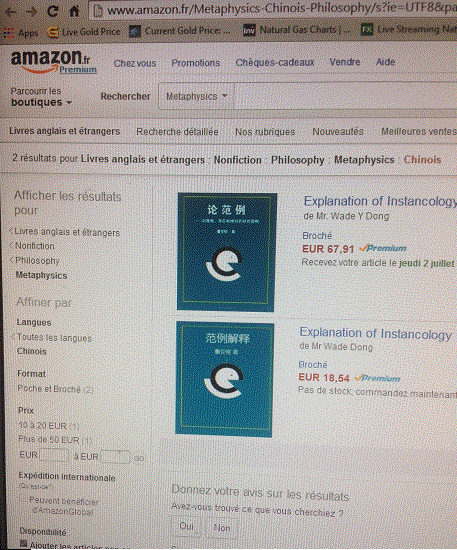Should Instancology Reveal the Truth?
Should Instancology Reveal the Truth? A Reflection on Truth and Comfort
In the soft mud of life, some souls find comfort and laughter. Pigs at play in the mire have no need for philosophy. They are content, rooted in the moment, never asking if the mud is real or if there is a final purpose beyond the wall of the pen. Their joy is honest, immediate, and local—no illusions, no searching for a grand design.
Yet beyond the pen lies the philosopher’s domain: the search for what truly is. Instancology stands here, a stark monolith of clarity. It declares that the Absolute Absolute (AA) issues instances—complete, self-contained worlds of meaning and form. But it also reveals a truth that is harder to bear: each instance is finite, and beyond it, no promise of eternal purpose exists. Meaning lives within the instance alone, dissolving when the instance ends.
This is the core of Instancology’s challenge: it destroys illusions of eternal meaning. It strips away the comforting myths of cosmic justice, of an immortal soul, of a final, transcendent narrative that binds all things together. In its place, it offers something else—radical honesty: meaning is absolute, but only here and now, never beyond.
The question then arises: should this truth be shared at all? Or does revealing it do more harm than good?
For many, the comforting illusions of eternal hope and final cause are not simply fantasies—they are lifelines. They provide solace in the face of death, and purpose in the face of chaos. To take them away can feel like an act of violence. To the pig in the mud, the philosopher’s lantern is not a gift but a harsh glare that makes the comfort of the dark seem all the more fragile.
Yet, for those who already feel the pang of questioning—who sense that the shadows on the cave wall are only shadows—Instancology is not a threat but a release. It does not erase meaning; it re-centers it in the here and now. It does not end hope; it redirects it to the finite, vibrant instance of this very breath, this very love, this very moment.
To force this truth on those who do not seek it is cruelty. But to withhold it from those who ache for clarity is cowardice.
The truth, as Instancology sees it, has no will of its own. It does not demand to be known; it simply is. It neither pities the pigs nor chides the dreamers. It stands silent and self-sufficient, like the AA itself, untroubled by the illusions of meaning it neither grants nor denies.
And so, the burden falls on those who have seen. To share Instancology is to hold a flame for those who wander in darkness, but never to blind those who prefer the warmth of the shadows. It is an act of compassion: an offering of clarity for those who are ready, and a quiet respect for those who are not.
In the end, the truth is not always gentle, but it can be kind. Instancology teaches that there is no eternal meaning, but also that there is no need for one—because each instance is already complete, already whole, already shining in the moment it exists.
For the pigs in the mud, let them play. For the seekers of truth, let them find. The Absolute issues instances for both—and that is enough.
